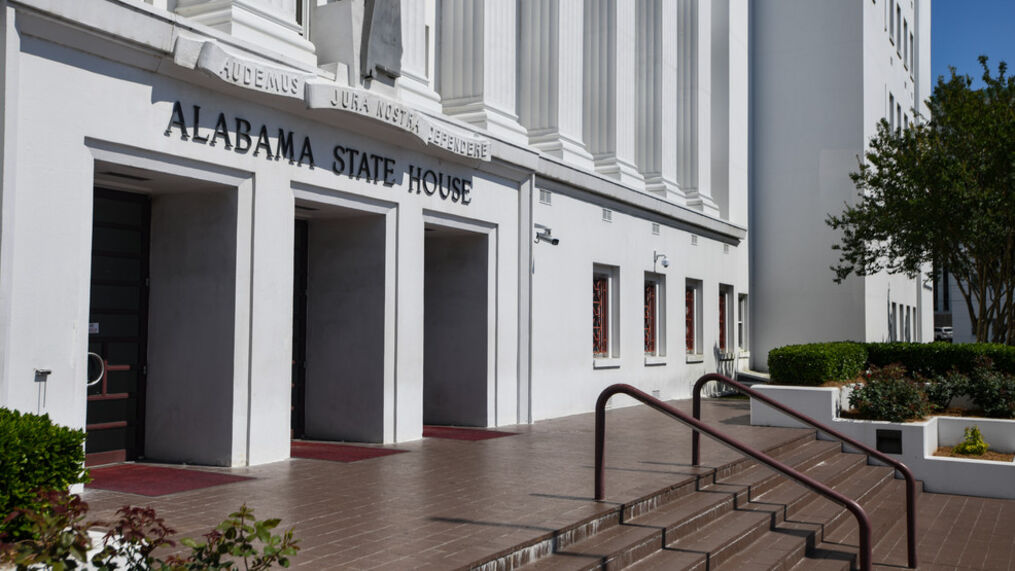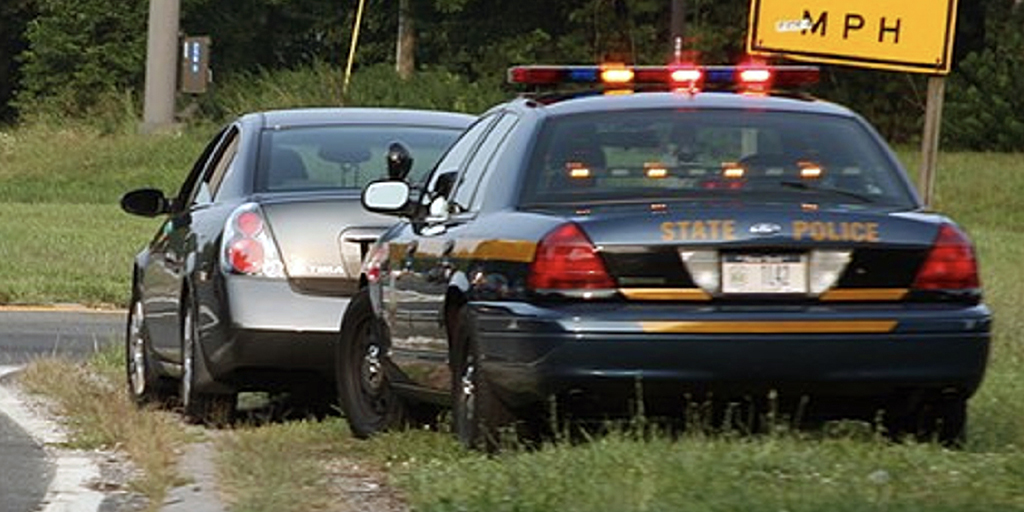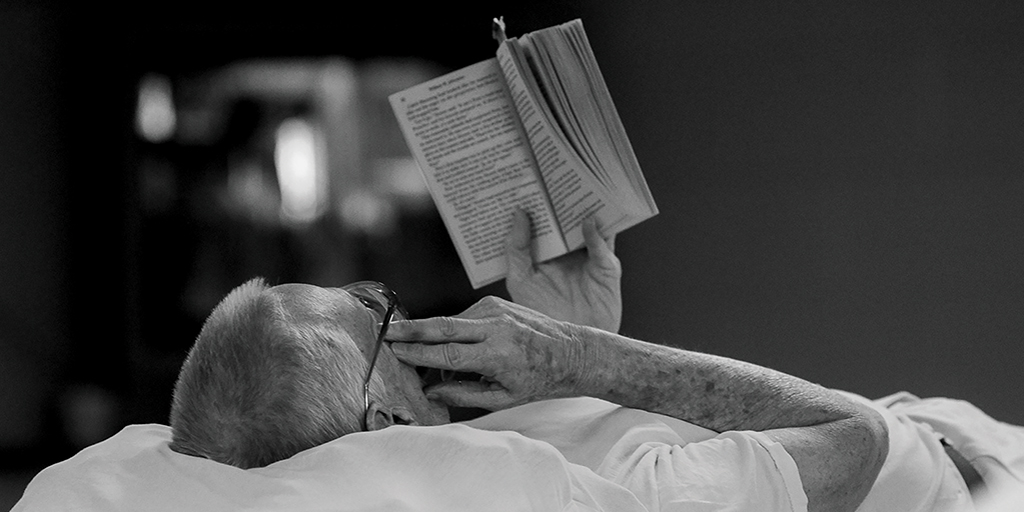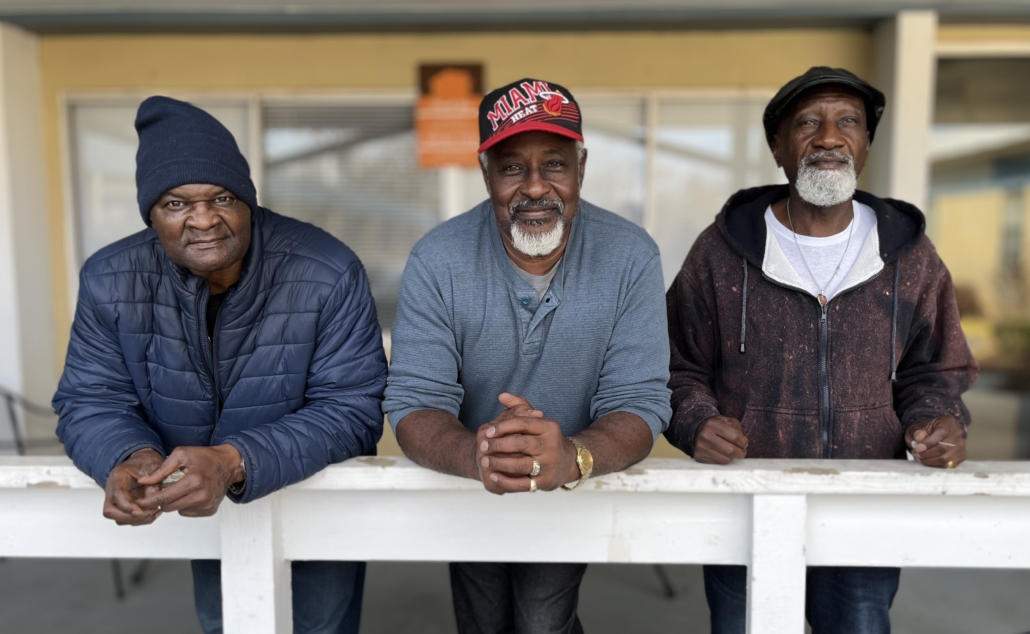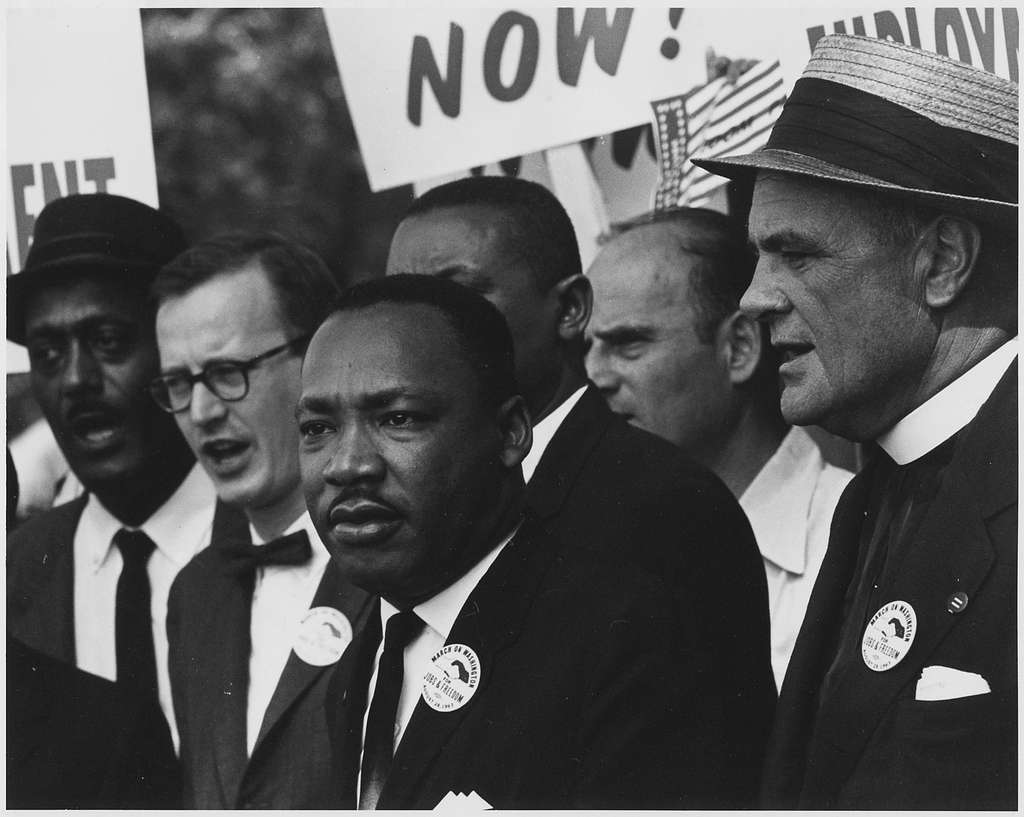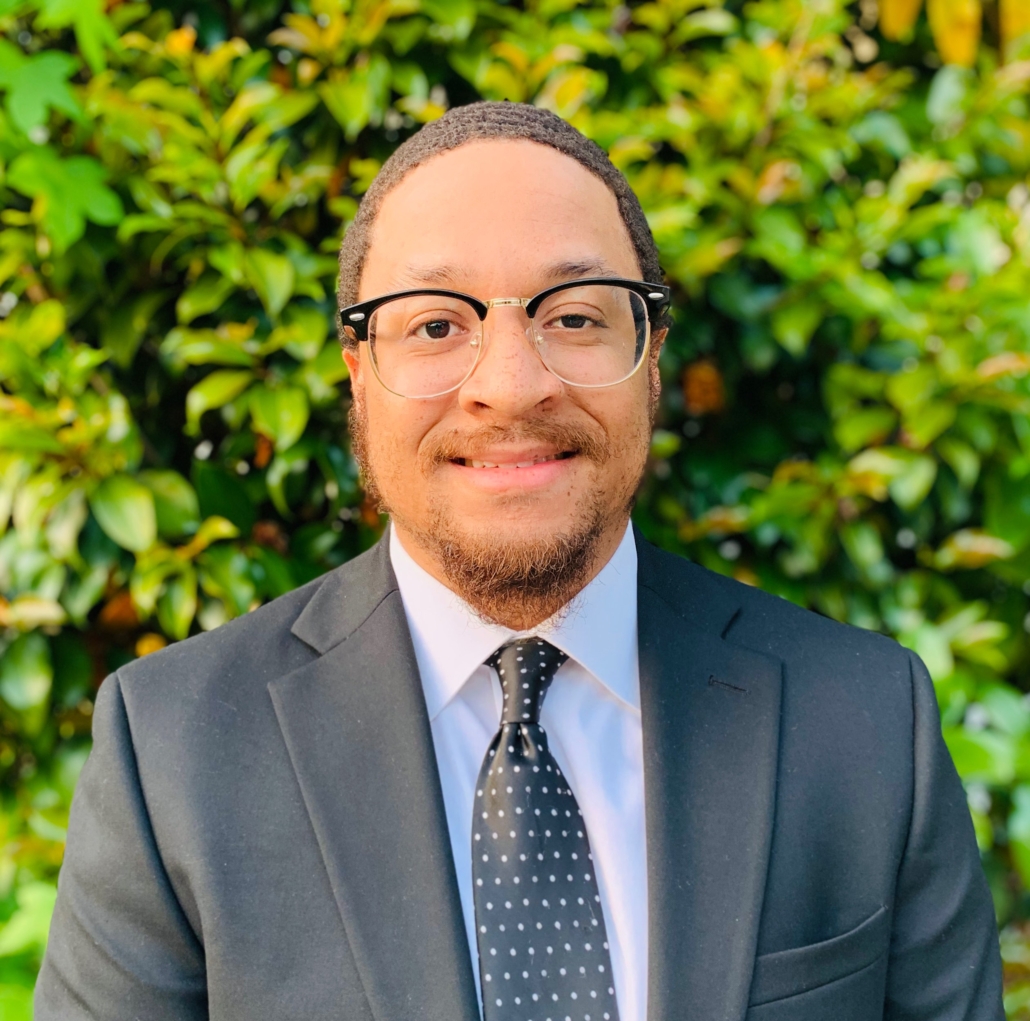By Frederick Spight, Policy Director

The dust has finally settled and the 2023 Legislative session has ended. We wanted to provide a recap of our legislative priorities, efforts, and initiatives. This session was different, beginning with a special session to disburse the remaining ARPA funds. There were many twists and turns, but overall we have considered this to be a successful session. We thank all of our supporters and especially legislators who decided to put aside partisan politics and fight for the people of Alabama.
Though much of our legislation changed this session, we can confidently say that Appleseed stuck true to our word by introducing and passing legislation that focused on good, efficient government policy as well as providing support and relief to many Alabamians.
Ending Drivers License Suspensions for Low Wealth Alabamians
This was a huge lift and a massive win for lower income Alabamians. We were able to finally get passed and drivers license relief has officially been signed into law. This was the result of long conversations, compromise, and an incredible bipartisan effort. We couldn’t have done it without our excellent bill sponsors: Sen. Will Barfoot, Sen. Merika Coleman, and Rep. Tim Wadsworth. Despite the changes made, we still believe this will bring much needed relief to thousands of Alabamians. The law now allows driver’s to miss one post-adjudication compliance hearing before their driver’s license can be suspended as well as up to 3 payments while on a payment plan. Furthermore, it allows individuals who have had their driver’s license suspended for failure to appear to get their license reinstated even if they can’t immediately pay off their ticket. If you’d like to check out how the bill turned out in the end, you can find it here.
End Fines, Fees and Court Costs for Children
Prior to the beginning of the session, this was a bill that seemed to have quite a bit of support. Admittedly, it even surprised us, but maybe that’s just a testament to how much our lawmakers understood the need to end the practice of saddling youth with court debt that has been shown to not only be contrary to the stated purpose of our juvenile justice system (to rehabilitate the child), but is actually counterproductive, in that it can lead more youth into the adult criminal system. Unfortunately, timing was not our friend here. We tried to push it as much as possible towards the end of session, but we fell out of the “sweet spot” where a bill could be introduced in the later half, but still easily move through the legislature. Even though the bill didn’t gain traction this session, we still have to shout out our great sponsors Sen. Kirk Hatcher and Rep. Jeremy Gray for being patient and ready to carry this legislation. We believe this is only the beginning, and we look forward to bringing it home in the near future.
Provide Older People Serving Long Prison Sentences a Second Chance at Life
We knew going into the session that out of all our priorities, our Second Chance Bill was going to be the most difficult. So difficult in fact that we saw it as a win if we could get it out of the House Judiciary Committee. Through a shocking turn of events, not only did it make it out of the House Judiciary, we were one Senate vote away from getting it passed! Again, this was a huge bipartisan effort with many unlikely allies working together to make this a passable, but still effective bill. Unfortunately, we became an unintended victim of party politics and the bill was taken off the calendar on the last day of session. Even though it did not pass, we were extremely proud of the progress it made and the tenacious advocacy of our bill sponsor Rep. Chris England. Appleseed and our allies will return with a Second Chance bill in 2024, especially now that we’ve seen such strong bipartisan support for reviewing sentences of life without parole for individuals whose offenses caused no physical injury.
Re-entry Housing Pilot Program
Depending on who you ask, or maybe the day or even the hour you asked, this was a pretty easy task to accomplish. We were able to successfully get the requested line item in the Bureau of Pardons and Paroles’ budget at the beginning of the session. Unfortunately, the Governor’s budget was less generous to the BPP. Among the millions of dollars of requested monies, the $500,000 pilot program was also nixed. We learned a valuable lesson– once something is taken out of the budget, it can be very hard to get it back in. This was essentially the story here. The silver lining is that many lawmakers have been educated on the issue and the need for reentry services. Once again, when framed as crime prevention, and breaking the cycle of recidivism which also saves the state money, we found many willing to support the program. Sometimes, dispelling rumors and educating our legislature is consolation enough.
Appleseed Bill Watch
One new initiative our Policy Team worked on this year is the Appleseed Bill Watch. It was an effort to educate the broader public about the legislative process, keep track of some interesting legislation (for all kinds of reasons) and let’s be honest, to professionally get some jokes off and lighten the sometimes heavy air that is State House Politics. Out of the nine Bills that officially made it on our bill watch this year, four were passed and signed into law! One bill, HB4 the microchipping bill, was originally a quirky addition that seemed to be a fun thing to keep track of. By the end of the session, it was pretty clear that this was one of the more forward thinking pieces of legislation to come out of the State. Particularly as governments rush to deal with rapidly advancing AI technology and unregulated implementation of a variety of technologies into everyday life. Maybe next year we should have a little bet on how many of the bills and which ones will make it over the finish line. Just kidding, we don’t need anymore nastygrams, particularly not about gambling. Check out the results and continue to stay tuned!
We’re so proud of what we were able to accomplish this session, and we couldn’t have done it without people like you– everyday Alabamians who care and are willing to work to make our state the best it can be. Contrary to naysayers, our legislature and our state is at its best when everyone comes to the table to Fight for a Better Alabama. Until next time, keep fighting, Alabama.

